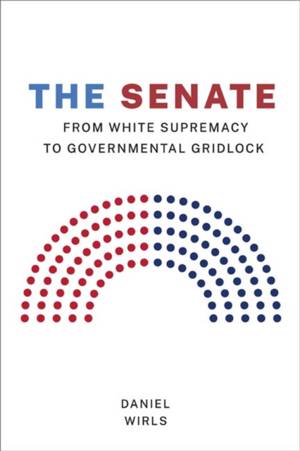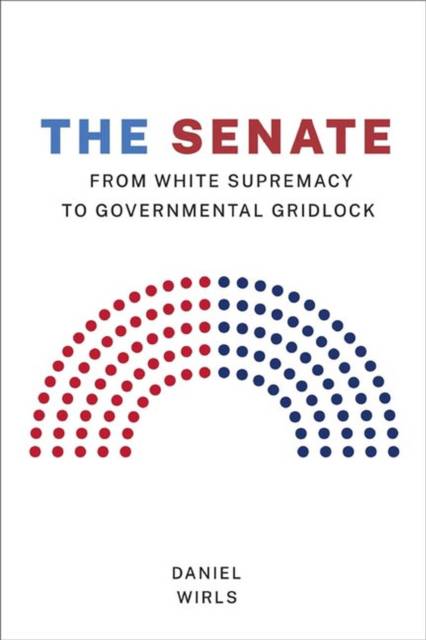
- Afhalen na 1 uur in een winkel met voorraad
- Gratis thuislevering in België vanaf € 30
- Ruim aanbod met 7 miljoen producten
- Afhalen na 1 uur in een winkel met voorraad
- Gratis thuislevering in België vanaf € 30
- Ruim aanbod met 7 miljoen producten
Omschrijving
In this lively analysis, Daniel Wirls examines the Senate in relation to our other institutions of government and the constitutional system as a whole, exposing the role of the "world's greatest deliberative body" in undermining effective government and maintaining white supremacy in America.
As Wirls argues, from the founding era onward, the Senate constructed for itself an exceptional role in the American system of government that has no firm basis in the Constitution. This self-proclaimed exceptional status is part and parcel of the Senate's problematic role in the governmental process over the past two centuries, a role shaped primarily by the combination of equal representation among states and the filibuster, which set up the Senate's clash with modern democracy and effective government and has contributed to the contemporary underrepresentation of minority members. As he explains, the Senate's architecture, self-conception, and resulting behavior distort rather than complement democratic governance and explain the current gridlock in Washington, D.C. If constitutional changes to our institutions are necessary for better governance, then how should the Senate be altered to be part of the solution rather than part of the problem? This book provides one answer.
Specificaties
Betrokkenen
- Auteur(s):
- Uitgeverij:
Inhoud
- Aantal bladzijden:
- 278
- Taal:
- Engels
- Reeks:
Eigenschappen
- Productcode (EAN):
- 9780813946900
- Verschijningsdatum:
- 23/09/2021
- Uitvoering:
- Paperback
- Formaat:
- Trade paperback (VS)
- Afmetingen:
- 152 mm x 229 mm
- Gewicht:
- 412 g

Alleen bij Standaard Boekhandel
Beoordelingen
We publiceren alleen reviews die voldoen aan de voorwaarden voor reviews. Bekijk onze voorwaarden voor reviews.











